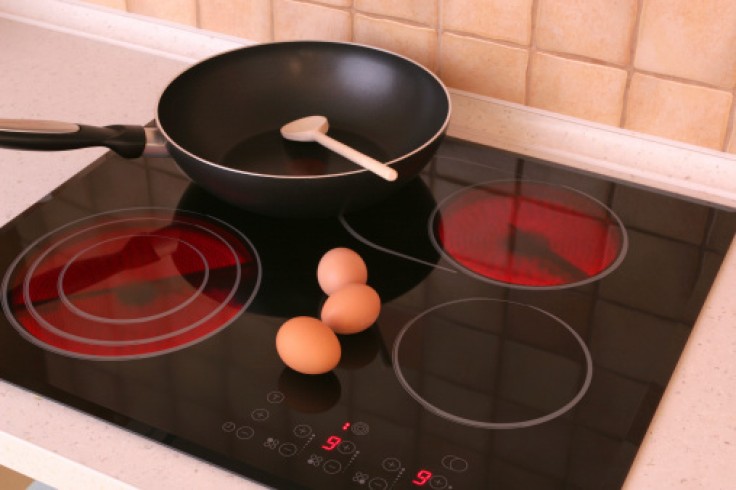When it comes to cars, going electric can be more practical as you can reduce costs when it comes to fuel, and they are more eco-friendly since they don't emit CO2. However, can the same be said for electric stoves? Here are the pros and cons of switching from gas stoves.

Pros of Electric Stoves
1. Electric stoves are safer. Since they only use thermal conduction to heat your cookware, you eliminate the hazard of leaving the fire on. You also won't have to worry in case you forget to turn the gas off and cause a leak as soon as you leave home.
2. It's easier to clean. Since most, if not all electric stoves have a flat surface, you can easily wipe off spills. With gas stoves, you'll have to wait a while before it cools off before you can clean it. The latter also has nooks and crevices that might be hard to reach by standard rags.
3. You can control the temperature precisely. Depending on the kind of electric cooker you have, there are models that display the exact temperature of the heat that's being emitted. This can help you cook better when the recipe requires specific temperatures.
4. It's simpler to install. Unlike gas stoves, you won't have to worry about gas lines. You'll need to have a different gas source as well if you don't have the former mentioned source. With electric stoves, all you need is an outlet to plug it in.
5. You won't get hot spots. Electric cookers tend to spread out the heat evenly throughout the surface area of a pan, which means that your food will cook evenly no matter where you position it. This also makes it possible to use a variety of pan sizes without sacrificing heat distribution.
Cons of Electric Stoves
1. Electric stoves are dependent on electricity. You'll need power to operate an electric stove, which will come as a problem if you're in the middle of cooking and there's a power outage. You won't be able to cook either until the power comes back on. It could be a hassle if you live in a place where power outages are common.
2. It heats up slowly. If you're in a hurry, you'll find yourself wishing you had a gas stove instead. Even if you put it at the highest temperature, it will still take a while to reach that point. With gas stoves, a big flame will heat up your cookware in no time.
3. You can only use certain pots and pans. You can use most pans that have a flat bottom since the electric cooker has an even surface. However, you can forget about cooking fried rice with a wok. Since it has a rounded bottom, it needs the grate that comes with gas stoves. It won't work with electric stoves since it needs to have direct contact with the cookware.
4. It could cost more. Depending on the brand and model you buy, the gas stove can cost just as much as an electric stove. However, electric stoves will cost more if you buy each one of the same standard. For instance, a gas stove with two burners can cost around $99 while an electric stove with two burners costs around $170.
5. Some models are inefficient with energy. Although the technology for it is no longer new, it's still not as energy-efficient as most would hope. It can largely contribute to your energy consumption, especially if you cook a lot. Over time, it could be more expensive than gas costs.









